Top Class Actions’s website and social media posts use affiliate links. If you make a purchase using such links, we may receive a commission, but it will not result in any additional charges to you. Please review our Affiliate Link Disclosure for more information.
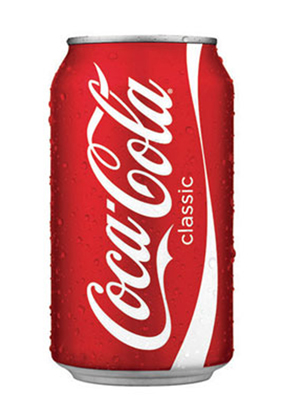
Coca-Cola and its co-defendants, including Coca-Cola Refreshments USA Inc., Coca-Cola Bottling Company of Los Angeles, and Sacramento Coca-Cola Bottling Company Co., Inc., are defendants in six potential class action lawsuits that, Coca-Cola claims, are all substantially similar. Four of the potential Coke class action lawsuits were filed in California (including Engurasoff v. Coca-Cola and Nobles v. Coca-Cola); one was filed in Illinois, and the sixth was filed in the Eastern District of New York.
On May 21, Coca-Cola told the JPML that the Coke class action lawsuit Plaintiffs claim phosphoric acid “is both an artificial flavor and a chemical preservative under the federal Food, Drug, and Cosmetic Act (the ‘FDCA’) and analogous provisions of state law, but is not properly identified as such on Coke labels. Plaintiffs in each of these cases thus allege that Coke is ‘misbranded’ and ‘illegal,’ and bring claims against Coca-Cola under various state consumer-protection statutes.”
The Coca-Cola class action lawsuit claim that the labeling in question wrongfully describes Coke as containing “no artificial flavors. no preservatives added. Since 1886,” on 2-liter bottles, 24-packs and 12-packs of 12-ounce cans of regular Coca-Cola.
All of the potential Coca-Cola class action lawsuits seek to represent consumers who have purchased Coke, and they all ask for injunctive relief, restitution, damages, and disgorgement of Coca-Cola’s profits from the sale of Coke. Some of them seek disgorgement from profits in California, while some are nationwide or specific to the localities in which the cases were filed.
Coca-Cola describes the distinct similarities between the California cases, which chiefly differ on whether they seek to represent a national class or are limited to California consumers, and calls the Illinois and New York cases “copycats.” In the filing, Coca-Cola notes the law firms from the first-filed California case and the New York case are the same firm, the Fleischman Law Firm, and goes on to describe the link between the lawyers: “both the Fleischman Law Firm and Clifford Law Firm, which represents the Sowizrol plaintiffs, are members of a cooperative ‘Food Misbranding Litigation Group,’ a collection of lawyers that brings class actions against manufacturers that they claim have violated food labeling regulations. Accordingly, the New York and the Illinois actions both were brought by the same consortium of attorneys that seeks status as ‘lead counsel’ in the California Actions.”
The class action lawsuits, should they proceed to discovery phase, “raise common issues of fact,” “allege… identical conduct on the part of the same defendants,” and “raise common legal issues,” as both Coca-Cola and the plaintiffs for the four California cases agree. For these reasons, argues Coca-Cola, and to minimize the burden on the parties and the courts, the cases should be consolidated.
The plaintiffs in the Illinois case are represented by Robert A. Clifford and Shannon M. McNulty of Clifford Law Offices.
The plaintiffs in the New York case are represented by Keith M. Fleischman, Bradley F. Silverman and June Park of The Fleischman Law Firm PLLC.
The proposed MDL for the Coca-Cola Deceptive Advertising Class Action Lawsuit cases is In Re: Coca-Cola Labeling Litigation (No. II), Case No. 2555 in the U.S. Judicial Panel on Multidistrict Litigation.
UPDATE: On May 19, 2016, a federal judge dismissed some false advertising claims against Coca-Cola but will allow other claims in a class action lawsuit to go forward.
UPDATE 2: On July 5, 2016, plaintiffs in a large-scale multidistrict litigation over Coca-Cola marketing practices are alleging that the beverage behemoth is resorting to stall tactics to delay an artificial ingredient lawsuit.
UPDATE 3: On July 19, 2016, the judge denied a motion by Coca-Cola to put the class action lawsuit on hold.
UPDATE 4: On Feb. 14, 2020, a California federal judge partially certified a class action lawsuit filed against The Coca-Cola Co. by consumers who say Coke’s “no artificial flavors” labels are misleading.
ATTORNEY ADVERTISING
Top Class Actions is a Proud Member of the American Bar Association
LEGAL INFORMATION IS NOT LEGAL ADVICE
Top Class Actions Legal Statement
©2008 – 2024 Top Class Actions® LLC
Various Trademarks held by their respective owners
This website is not intended for viewing or usage by European Union citizens.



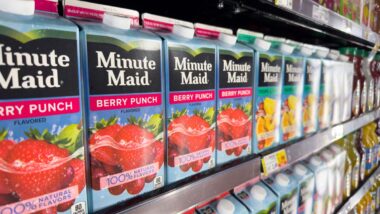
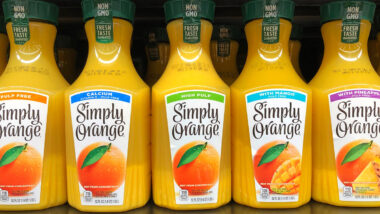
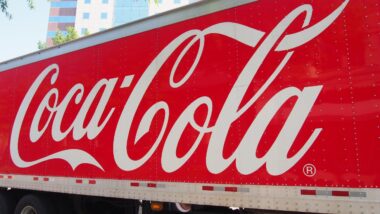
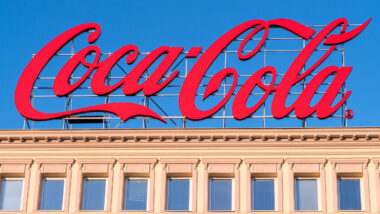
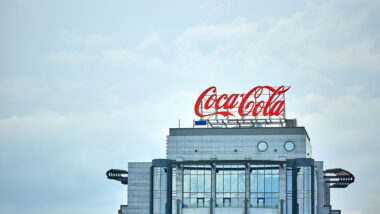
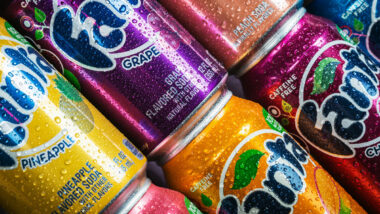
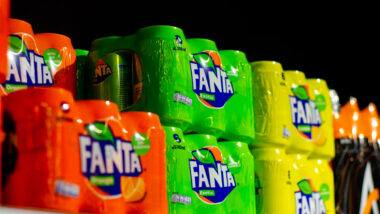
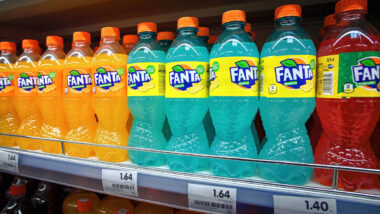
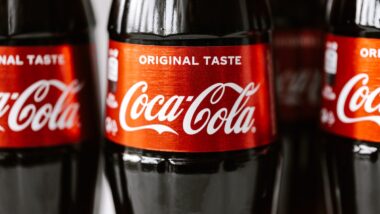
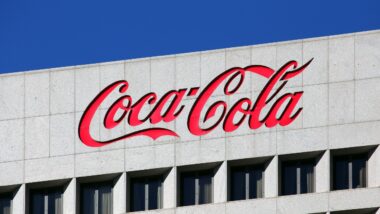
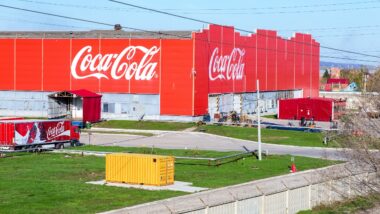
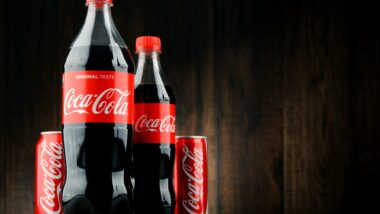
12 thoughts onCoca-Cola Wants Deceptive Labeling Class Action Lawsuits Consolidated
I have purchased a lot of Coca Cola in my life for many years, and have seen what it does just pouring it on something. I would like to be part of this case this makes me sick to hear and worried for all people drinking this